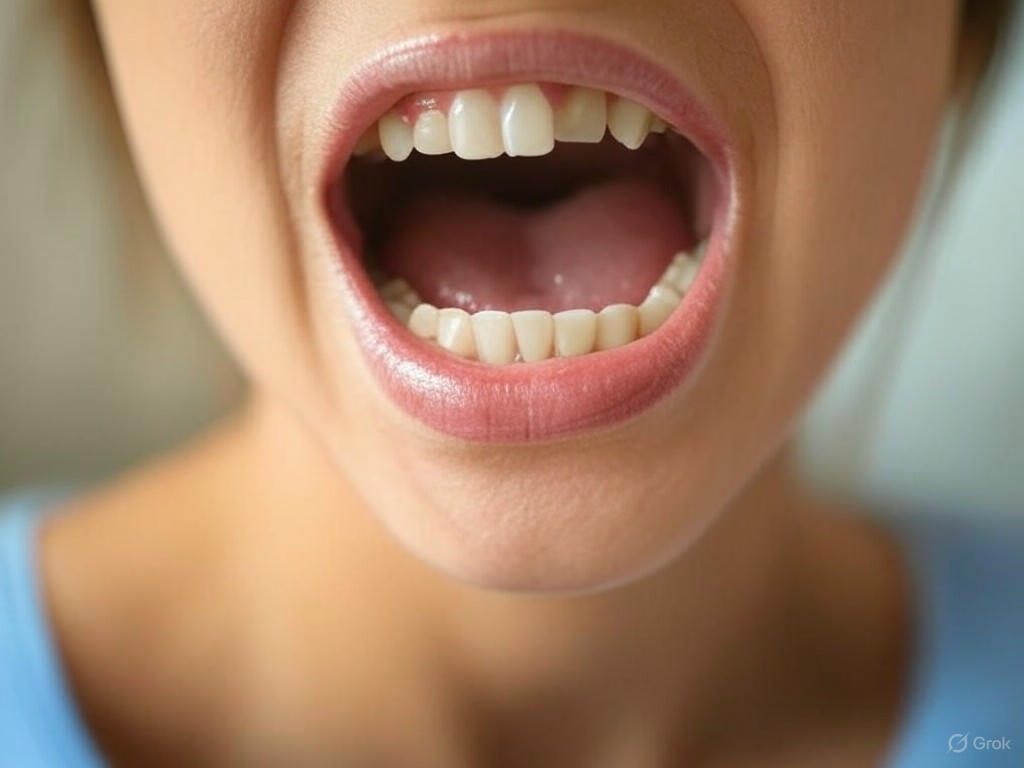Could Your Mouth Be the Hidden Culprit Behind Alzheimer’s Disease?
Recent scientific discoveries are turning heads with a startling idea: the roots of Alzheimer’s disease, a condition long associated with aging, might actually lie within our mouths. This isn’t just a wild theory but a growing area of research that suggests oral health could play a pivotal role in brain health. As researchers dive deeper into the mysteries of neurodegenerative disorders, they’re uncovering connections that could redefine how we approach prevention and treatment of this devastating illness.
For decades, Alzheimer’s has been viewed as a disease of the brain, characterized by memory loss and cognitive decline due to the buildup of plaques and tangles in neural tissue. However, emerging studies propose a different angle—one that points to infections as potential triggers. Among the most intriguing suspects are bacteria commonly found in the mouth, particularly those linked to gum disease. These microorganisms, scientists suggest, might travel from the oral cavity to the brain, sparking inflammation and contributing to the conditions that foster Alzheimer’s. This hypothesis is gaining traction as experiments reveal traces of these bacteria in the brains of affected individuals, raising questions about whether poor dental hygiene could be a silent risk factor.
The implications of this research are profound. If oral bacteria are indeed a gateway to neurodegenerative diseases, then maintaining a healthy mouth could become a critical line of defense. Brushing and flossing might not just protect your teeth but also shield your mind from decline. Moreover, this connection highlights the importance of systemic health—our bodies are interconnected in ways we’re only beginning to understand. Inflammation, often a byproduct of infection, doesn’t stay confined to one area; it can ripple through the body, potentially crossing the blood-brain barrier and wreaking havoc on delicate neural structures. This theory also opens doors to new treatments, such as targeting specific bacteria or reducing inflammation through dental interventions, which could slow or even prevent the onset of Alzheimer’s in at-risk populations.
While this research is still in its early stages, it serves as a powerful reminder that health is holistic. What happens in one part of the body doesn’t stay isolated—it can influence far-reaching systems in unexpected ways. For now, scientists caution that correlation doesn’t equal causation, and more studies are needed to confirm whether oral infections directly lead to Alzheimer’s. Yet, the possibility is enough to make anyone think twice about skipping that dental checkup. As we await further breakthroughs, taking care of our oral health might be one of the simplest steps we can take to safeguard our future. So, the next time you pick up your toothbrush, remember: you might not just be cleaning your teeth—you could be protecting your brain from a hidden threat.


